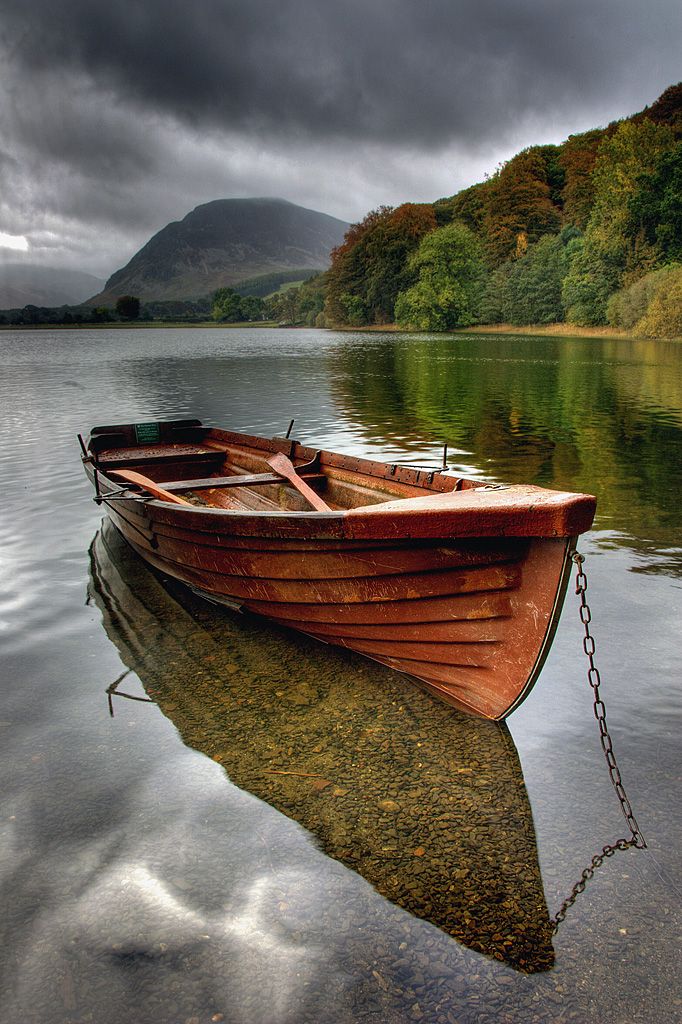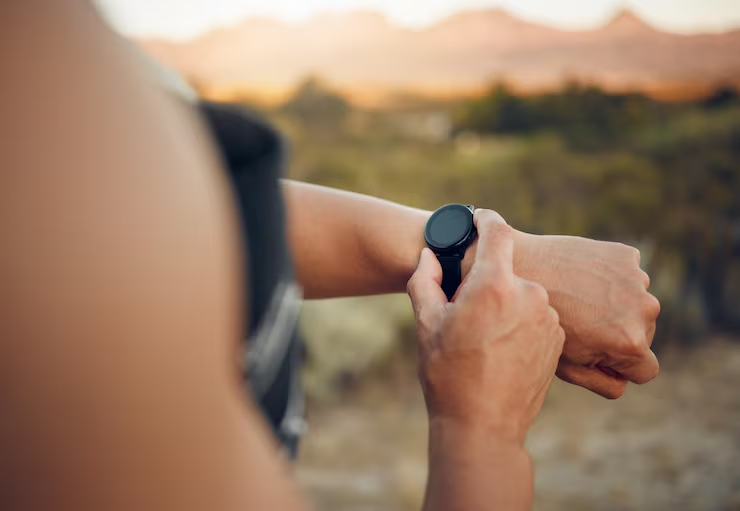
Discovering Serenity: The Allure of a Peaceful Boat
There’s something inherently calming about being on the water. The gentle lapping of waves, the subtle rocking of a vessel, and the quietude that comes from leaving the shore behind can transport the mind into a state of tranquility. This is the magic of a peaceful boat—an experience that combines freedom, serenity, and a connection to nature unlike any other. In this article, we will explore the many facets of what makes a boat journey peaceful, how to find or create one, and the benefits it brings to your physical and mental well-being.
The Concept of a Peaceful Boat
A peaceful boat isn’t just a vessel—it’s an experience. It symbolizes an escape from the constant hustle of daily life. Unlike speedboats, party yachts, or crowded ferries, a peaceful boat emphasizes calm, quiet, and reflection. It can be as small as a canoe gliding over a still lake or as spacious as a sailboat drifting under the sun.
At its core, a peaceful boat provides a unique combination of isolation and connection. Isolation from the noise of the world and the stress of responsibilities, yet a deep connection with nature and oneself. The quiet ripples of water, the rustling of leaves along the shoreline, and the distant call of birds create an environment conducive to meditation, relaxation, and inspiration.
Why a Peaceful Boat Is Good for the Soul
Humans have an innate connection to water, a phenomenon known as “biophilia”, which explains why being near or on water can reduce stress levels and enhance mood. Being on a peaceful boat has several profound benefits:
- Stress Reduction: The rhythmic movement of a boat and the natural sounds of water have been shown to lower cortisol levels, helping you feel more relaxed.
- Enhanced Creativity: The solitude and quiet allow your mind to wander, sparking creativity and problem-solving abilities.
- Improved Focus and Mindfulness: Without distractions, your senses become more attuned to the environment, enhancing mindfulness.
- Connection to Nature: A peaceful boat provides direct immersion in nature, helping restore balance and perspective.
- Physical Health Benefits: Gentle rowing, sailing, or simply standing on a deck can improve circulation, balance, and overall physical health.
Types of Peaceful Boats
When thinking about a peaceful boat experience, it’s important to consider the type of boat that best suits your idea of tranquility. Here are some popular options:
1. Canoes and Kayaks
These small, maneuverable boats are perfect for exploring calm rivers, lakes, and quiet coastal waters. Canoes and kayaks allow for close contact with water, offering a meditative experience as you paddle silently.
2. Sailboats
Sailing can be a profoundly peaceful activity, especially when you harness the wind to glide smoothly across the water. The gentle rocking and the sound of sails flapping create a soothing rhythm.
3. Rowboats
Rowboats offer simplicity and intimacy. The physical effort of rowing engages the body without overwhelming it, while the slow movement through the water promotes reflection.
4. Houseboats
For extended periods of relaxation, houseboats provide a floating sanctuary. Equipped with comfortable amenities, they allow you to enjoy the serenity of water without sacrificing comfort.
5. Paddleboards
While more active than other options, stand-up paddleboarding provides a quiet, meditative experience. The need to balance adds focus, enhancing mindfulness.
Choosing the Perfect Location
The serenity of a peaceful boat is influenced not only by the vessel but also by the water and surrounding environment. Ideal locations include:
- Quiet Lakes: Calm, enclosed waters with minimal boat traffic offer ultimate tranquility.
- Gentle Rivers: Slow-moving rivers with natural vegetation provide scenic beauty and a sense of seclusion.
- Coastal Bays and Inlets: Sheltered coastal areas offer peaceful water with the added beauty of marine life.
- Remote Islands: Drifting near isolated islands amplifies the feeling of escape and freedom.
Tips for a Peaceful Boat Experience
To maximize the peacefulness of your boat experience, consider these tips:
- Timing Matters: Early morning or late evening often offers the calmest waters and the softest light.
- Minimal Noise: Turn off engines or avoid motors if possible; silence enhances the meditative quality.
- Pack Light: Avoid overloading your boat; simplicity aligns with peacefulness.
- Bring Essentials: Water, light snacks, and a blanket or cushion can make your experience more comfortable.
- Disconnect: Leave your phone and digital distractions behind to fully embrace the moment.
Activities That Complement a Peaceful Boat
While the primary goal of a peaceful boat is relaxation, certain activities can enhance the experience:
- Meditation and Yoga: The gentle sway of the boat adds a unique dimension to meditation and light yoga exercises.
- Reading: A favorite book can become a companion as you drift through quiet waters.
- Fishing: Combining the tranquility of water with the patience of fishing creates a meditative state.
- Photography: Capturing reflections, wildlife, and changing light enhances your appreciation of nature.
- Journaling: Recording thoughts while surrounded by serenity can boost creativity and self-reflection.
Safety Considerations
Even in a quest for peace, safety must remain a priority. Always:
- Wear a life jacket, especially on open waters.
- Check weather conditions to avoid sudden storms or strong winds.
- Inform someone about your boating plans.
- Carry a first aid kit and communication device.
The Environmental Impact of a Peaceful Boat
A peaceful boat experience also calls for respect toward the environment. Use non-motorized vessels when possible, avoid disturbing wildlife, and ensure no litter is left behind. Sustainable boating ensures that future generations can enjoy the same serene waters.
Creating a Peaceful Boat at Home
Not everyone has access to lakes or rivers, but you can recreate the peaceful boat experience at home. Consider:
- Indoor Water Features: A small fountain or indoor pond can mimic the calming effects of water.
- Virtual Boating: VR experiences simulate quiet boat rides through scenic landscapes.
- Meditative Music: Audio tracks with gentle waves or river sounds can create a similar atmosphere.
The Timeless Appeal of a Peaceful Boat
Throughout history, boats have been associated with journeys of reflection, spirituality, and escape. From ancient river civilizations to modern-day leisure boating, humans have always sought solace on the water. The concept of a peaceful boat resonates universally because it taps into a fundamental need: the desire to pause, reflect, and reconnect with oneself and the natural world.
Conclusion
A peaceful boat is more than a mode of transportation—it is a sanctuary on water. Whether you paddle through a quiet lake, sail along a calm river, or drift in a houseboat near a secluded coastline, the experience offers profound relaxation and rejuvenation. By embracing simplicity, connecting with nature, and prioritizing mindfulness, anyone can discover the transformative power of a peaceful boat journey.



















